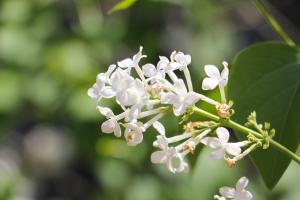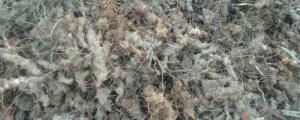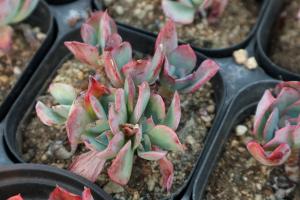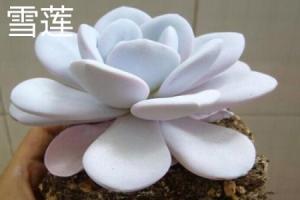What kind of cherry tree should I plant?
Cherry trees are popular fruit trees that add beauty and flavor to any garden or backyard. However, with so many different varieties of cherry trees available, it can be difficult to know which one to choose for your particular needs. In this article, we'll outline some of the factors to consider when selecting a cherry tree for your home garden.
Climate and growing conditions
The first factor to consider when choosing a cherry tree is the climate and growing conditions of your area. Cherry trees require full sun and well-drained soil to thrive, so make sure to choose a spot in your garden that gets plenty of direct sunlight and has good drainage. Additionally, some cherry tree varieties are better suited to certain growing conditions than others. For example, sweet cherries tend to prefer cooler climates, while sour cherries are more tolerant of heat and humidity. Consider your region's climate and soil type before selecting a cherry tree variety to plant.
Size and shape
Another important factor to consider when choosing a cherry tree is the size and shape of the tree. Cherry trees can range in size from dwarf trees that grow only a few feet tall to large trees that can reach 30 feet or more in height. Determine the available space in your garden and choose a tree that will fit appropriately. Additionally, you may want to consider the shape of the tree. Some cherry tree varieties have a weeping or droopy habit, while others grow more upright or rounded. Consider the visual impact you want to achieve in your garden before selecting a cherry tree variety.
Fruit flavor and use
The flavor and use of the cherry fruit is another important factor to consider when selecting a cherry tree. Sweet cherries are a popular choice for fresh eating, while sour cherries are often used for baking and in preserves. Some cherry tree varieties produce fruit that is best for canning or juicing, while others are better suited for eating fresh off the tree. Consider your preferred use for the cherry fruit before selecting a variety of cherry tree to plant.
Pollination requirements
Finally, it's important to consider the pollination requirements of your cherry tree. Some cherry tree varieties are self-fertile, meaning they can pollinate themselves and do not require another tree for pollination. Other varieties require cross-pollination with a different cherry tree variety to produce fruit. Be sure to check the pollination requirements for the cherry tree variety you're interested in and make sure you have sufficient space to plant another cherry tree if necessary.
In conclusion, selecting the right cherry tree variety for your garden requires careful consideration of several important factors. Consider the climate and growing conditions of your area, the size and shape of the tree, the flavor and use of the fruit, and the pollination requirements before making a final selection. With the right cherry tree, you can enjoy the beauty and flavor of fresh cherries for years to come.

 how many times do yo...
how many times do yo... how many planted tre...
how many planted tre... how many pine trees ...
how many pine trees ... how many pecan trees...
how many pecan trees... how many plants comp...
how many plants comp... how many plants can ...
how many plants can ... how many plants and ...
how many plants and ... how many pepper plan...
how many pepper plan...
































